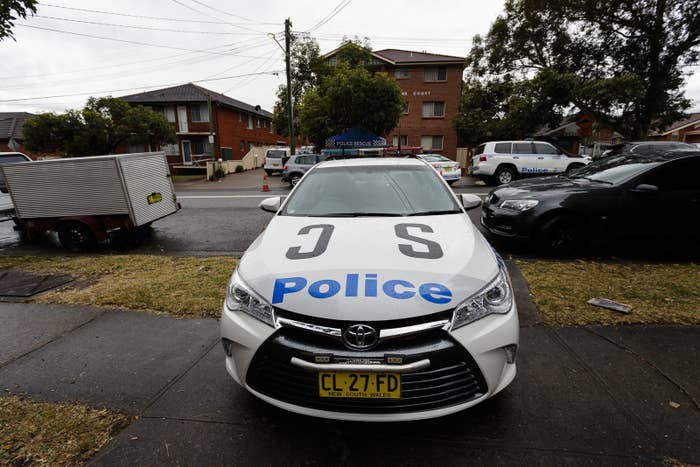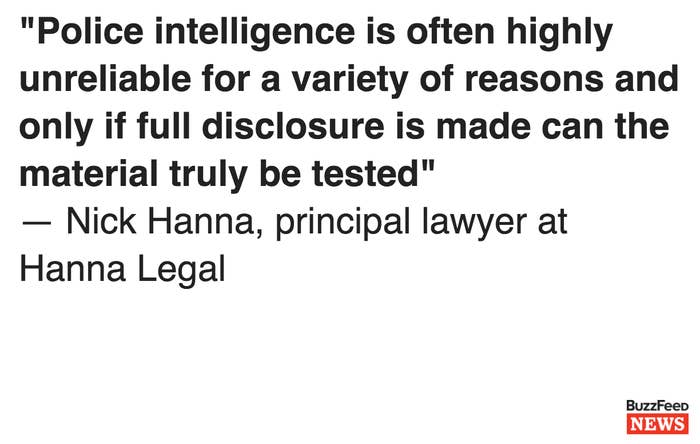
Secret intelligence reports lodged by police to parole boards are being withheld from defence lawyers and their clients in parole hearings.
However on Friday, defence lawyers succeeded in obtaining an order in the NSW Supreme Court ruling that the practice was not lawful, and that the NSW State Parole Authority should reconsider a parole decision.
Emad Sleiman was convicted of murdering waterskier Jason Burton in 1997. He was sentenced to a minimum of 16 years imprisonment and was released on parole in June 2016.
In March this year the 38-year-old was shot at in a carpark in Auburn and was taken to Westmead Hospital with serious injuries. After he was discharged he was detained by police and his parole was revoked.
The parole authority heard evidence that Sleiman had made a traffic infringement while on parole. But New South Wales police also provided a secret intelligence brief to the authority that Sleiman and his lawyers couldn't see.
While the police did supply a summary of the intelligence report to the lawyers, it contained little information about what evidence they had purported to gather.
A challenge was mounted in the NSW Supreme Court by Sleiman's lawyers Nick Hanna and Peter Lange. It hinged on the parole board's failure to consider whether it was reasonable for NSW Police to withhold the intelligence report.
A joint statement made in the Supreme Court between the NSW attorney-general Mark Speakman and Sleiman acknowledged the prisoner was denied procedural fairness in his parole hearing.
Speakman agreed that Sleiman's case should go back to the parole authority for reconsideration, and also agreed to pay Sleiman's legal costs.
The use of secret evidence in parole hearings has become increasingly challenging for defence lawyers. It creates difficulties in building a defence, as lawyers can't respond to allegations made against their clients.

Hanna told BuzzFeed News: "While it is regrettable that the State Parole Authority made an error in Mr Sleiman's case, we must acknowledge that it is put in a difficult position by law enforcement agencies that try to have it withhold important information from applicants. A fair hearing is only possible if both parties have access to all relevant information.
"Police intelligence is often highly unreliable for a variety of reasons, and only if full disclosure is made can the material truly be tested."
Speakman accepted that the oversight had denied Sleiman a fair parole hearing, and agreed that the parole authority should now reconsider his case.
Figures on the frequency with which police try to rely on secret evidence is difficult to obtain, as it is only when cases are challenged in court that they become public.
NSW Police declined to answer questions about how regularly it sought to rely on secret evidence in parole hearings.
